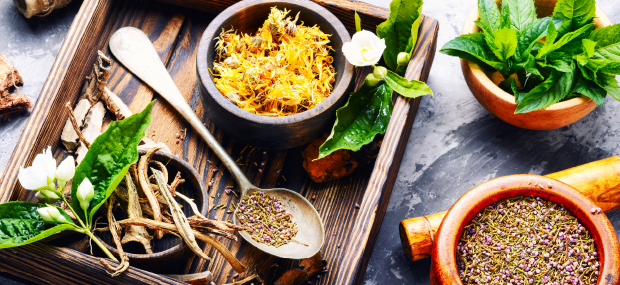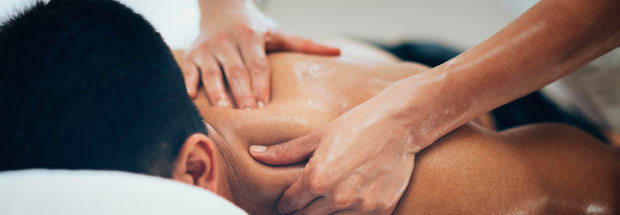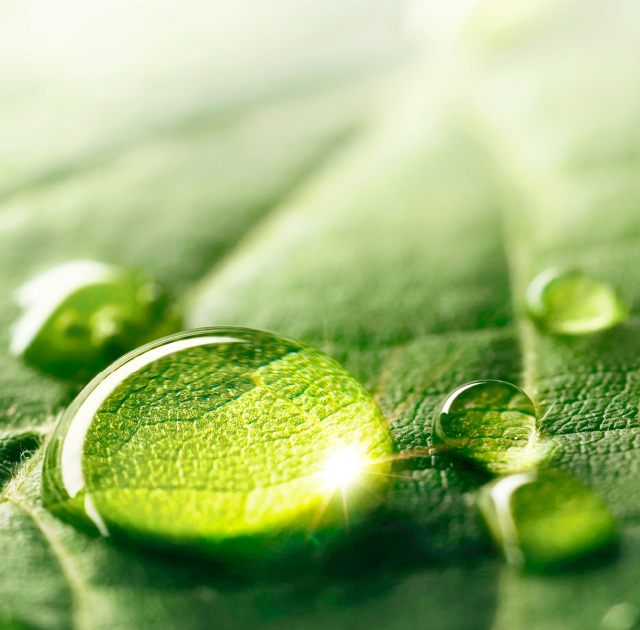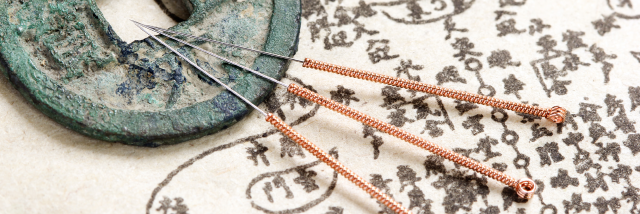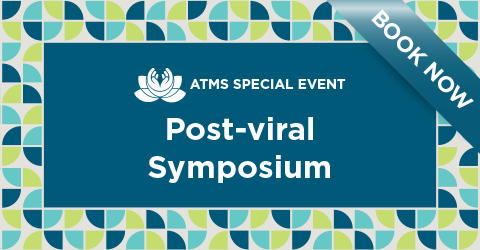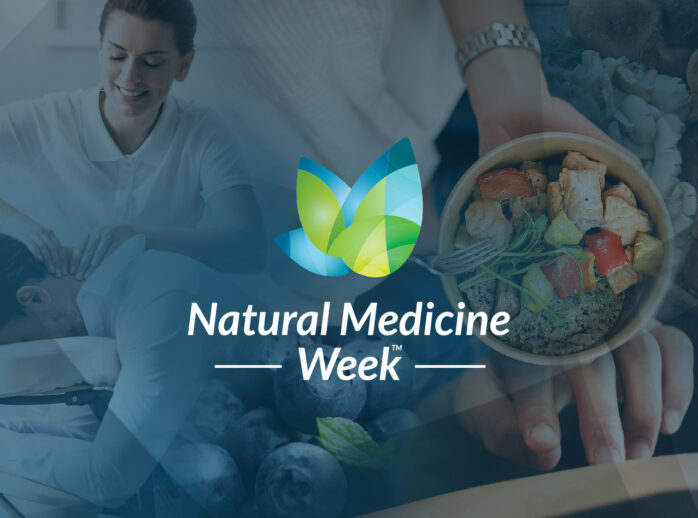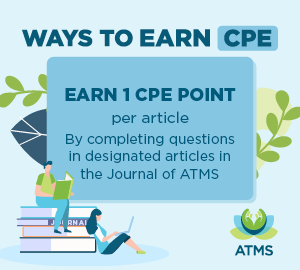Looking for a trusted and qualified natural therapist near you? Search the ATMS member database for an accredited practitioner of bodywork & massage, ingestive therapies or Chinese medicine today!
We offer exclusive benefits such as a comprehensive continuing professional education program, practitioner representation through advocacy and awards, eligibility for health funds, free access to research resources, professional indemnity insurance, grants and more.
Explore our membership packages and help us create a better world through natural medicine.
